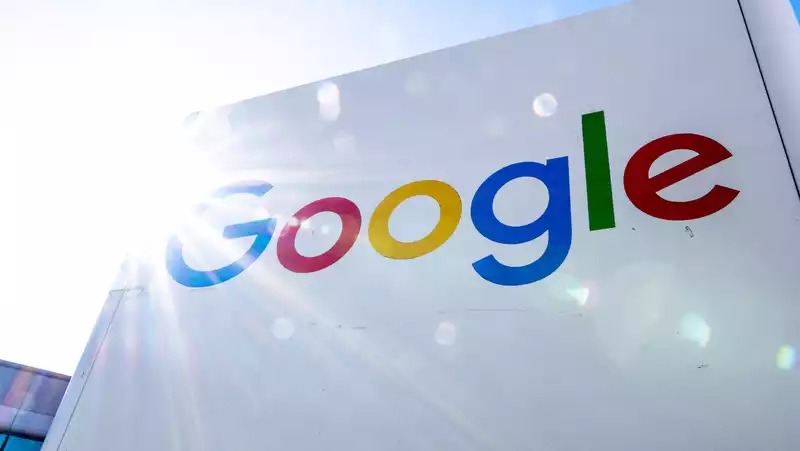To me, artificial intelligence is like a magnet: I have no idea how it works. But I do understand that in a very general sense, AI is not really intelligent. It is simply data, collected on a large scale, digested by algorithms, and spit out in a conversational tone designed to make us think the machine is "smart."
The general version of these systems, like ChatGPT, live or die based on the amount of data they can harvest, which essentially means they depend on you. And in case there is any doubt about what "you" means in this particular context, Google (via Techspot) has updated its privacy policy to make it clear that almost everything you say and do online will be collected and may be used to train AI models.
Naturally, Google collects data from your online activities. For example, what you search for, the videos you watch, what you buy, who you talk to, and the location information accessed through your Android mobile device. But "in some situations," it also collects information from "publicly accessible sources": for example, if your name appears in a local newspaper article, Google may index that article and share it with people searching for your name.
This is not new in itself. What has changed, as you can see on Google's policy update page, is how Google can use the information it collects from these public sources. The previous policy stated that publicly available data could be used to "train Google's language model and help build features like Google Translate." The latest update significantly expands the policy: "Google collects publicly available information from online or other public sources to help train Google's AI models and build products and features like Google Translate, Bard, and cloud AI features. to help build products and features such as Google Translate, Bard, and Cloud AI features.
Bard is essentially Google's answer to the ChatGPT announced earlier this year, and like other AI models, it has not been entirely smooth sailing. In April, for example, several Google employees reported that they had asked the company not to deploy Bard because the information provided in response to queries was "worse than useless," effectively making the chatbot a "pathological liar."
At least in theory, more data should lead to better results for Google's bots. However, whether the privacy policy is updated or not, the legal status of this action has not been clearly established; OpenAI faces multiple lawsuits over the way it collects and uses data to train ChatGPT: however, as reported by the Washington Post, the AI model collects everything from Wikipedia pages to news postings and individual tweets.
And not all of the material in question is actually fair game: authors Mona Awad and Paul Tremblay recently accused ChatGPT of violating copyright law by using their work to train AI models without permission, filed their own lawsuit against OpenAI.
We contacted Google to get more information on why they changed their privacy policy.


Comments